Like many people with a Netflix subscription, my wife and I watched Adolescence this week. We watched it via our television screen, whilst drinking tea from the water boiled in our electrifyingly slow rose-gold kettle, occasionally pressing pause on the purple and black controls, that magically manipulate a little portal they call a Roku Stick, which leads us, rather too easily, to the Apps we love to visit. We paused for tea, we paused for breath, and we paused to see if I was coping with it all. I wasn’t. (I tend to only watch Situational Comedies, Star Wars, Fiddler on The Roof, Kula Shaker videos, Chitty Chitty Bang Bang, and The Sound of Music.) And because I wasn’t really coping with it all (dramatic gulping, forgetting to breathe, and squeezing my wife’s hand a-little-too-tightly) we decided to watch the whole series in one sitting, you know, just to see it through to the end, as fast as possible. Rip the band aid off!
Adolescence is hauntingly tragic, desperately sad, and therefore, has completely scuppered my chances of writing about anything else this week, which is its own form of tragedy, as I had intended to reflect on The Gospel of Matthew. I know! I’m sorry. Perhaps next week. We shall have to see.
It’s not just me who has been side-tracked by it all, apparently there are calls for Adolescence to be shown in Parliament – compulsory TV for MPs! Indeed, this show is provoking discussions and debates everywhere about parenting, teenage access to social media, smartphones in schools, and public services for children. I pray for much wisdom amidst such fear.
Which leads me onto my own form of compulsory audio-visual-viewing, which I tend to administer towards the end of the academic year, in a few of my Year 9 philosophy lessons on ‘reality’: The Matrix. Not only was it referenced in one school-based episode of Adolescence, but I also believe, that this marvellous multi-layered action-movie-myth-of-a-cinematic-masterpiece may well offer a little bit of wisdom to the predicament and medicament surrounding our problematic relationship to The Machine.
You see, despite not having my own personal smartphone (I share my wife’s), I believe that the smartphone-problem may well be pivotal to the smartphone-solution. And, like with our saviour Neo, in the film The Matrix, we may well be awoken and liberated by the signs, symbols, and wonders, we encounter on the screens of our machines.
Yes, perhaps our scrolling, searching, and gaming exploits, may prompt us to follow White Rabbits, encounter Trinity, meet a Morpheus, all the way to a real-world liberation, away from The Matrix, and towards a freer mind, body, and soul.
But What is The Matrix? Well, we could explore this from many perspectives – including a Buddhist, Christian, and Platonic view (and so could my students) - but this morning I think that one key interpretation is particularly salient - and it's one the writers of The Matrix clearly want us to note:
Yes, our hero, Neo, stashes his secret stash of software inside a copy of Jean Baudrillard’s most famous book ‘Simulacra and Simulation’.
Baudrillard’s seemingly prophetic work, published in 1981, argues that in a consumer-culture, simulations of reality become so real that they erode the very thing they are imitating, leading to what he calls ‘the desert of the real’ - a phrase our wise and magnanimous Morpheus uses to describe the state of earth after The Machines take over.
It’s a bleak vision, a punchy warning, and a brilliant piece of cinematic philosophy. And, of course, there is a lot more evidence out there, that such desertification is happening in our present-day reality, at a rapid pace:
High streets deserted for online stores. Office buildings emptied for virtual meeting rooms. Synthetic powders supplementing real foods. Self-checkouts replacing human encounters. A.I. eroding artistic endeavours…
And like with the film, we end up in the service of The Machines.
We surrender our power, love, devotion, time, and attention to something that will potentially consume us, use us, and abuse us.
We end up like a little battery, empowering the systems which ensnare our minds:
So, what can we do?
Well, perhaps sometimes, we need to unplug completely, and head to Zion, the last remaining human city, near the earth’s core – dancing freely, in the heart of nature, away from the sewers and systems of The Machine world.
But maybe there are times to ride The Nebuchadnezzar, Morpheus's pirate ship – intentionally plugging into The Matrix - breathing truth, freedom, and joy, into the wires, ones, and zeros.
People are searching online. Our children are searching online. And like Trinity herself, we must keep knocking on the doors of their perceptions, trying to free as many minds as we possibly can – leading them back to reality. Perhaps, as Christ might say, we are called to be in The Machine, but not of The Machine.
You see, Neo doesn’t just meet White Rabbits, the Trinity, and Morpheus in The Matrix, he encounters The Oracle (baking cookies), and he learns to ‘know thyself’.
And I know from experience, that there is so much love, joy, wisdom, community, and beauty in our social media feeds, TV screens, video games, playlists, podcasts, and online stores. But I also know, we cannot put our faith in the vessel itself - whether it’s a temple building, a ritualistic practice, a moral code, a political system, a psychological theory, or a computer program. They are but vessels. And vessels need to be handled with care. As Christ might contribute:
The Machine was made for humans, not humans for The Machine.
Like with The Sabbath, The Eucharist, and a Church building, we must not confuse The Machine for The Spirit it might breathe into being. We must not conflate the wineskin and the wine – although we do need some good containers. And perhaps, at best, The Machine can be a profoundly helpful container – a powerful space for us to connect, create, inspire, teach, learn, work, play, heal, and awaken. Maybe, Christ might add:
Even the phones will cry out!
But the phone cannot tell us who we are, although it might send us on a meaningful quest.
As Trinity says to Neo, as they drive to meet The Oracle,
‘The Matrix cannot tell you who you are.’
We must ‘know thyself’.
We need to remember who we are, where we are, and who is in service of what.
We are human beings, not big tech batteries.
We are lovers, creators, healers, dancers, artists, teachers, athletes, storytellers, carers, servants, gamers, thinkers, growers, travellers, organisers, farmers, friends, fathers, mothers, and more – not some slave of Tech Support!
We are meant to be on earth as it is in heaven – not hell as it is on earth (a dualistic hellhole of binary codes)
So, let us meet in The Machine without believing in The Machine.
Let us play games together, message each other, inspire one another
Share songs, stories, spirit, and substance
Breath life, mystery, and faith into its algorithms
Feed The Beast
with compassionate codes and cookies
Love, Joy, and Peace
Mess with its binaries
Heal its viruses
Set Reminders:
Who we are
Where we are
What we serve
Joy is our strength
Not fear
In The Machine, not of The Machine
In The World, not of The World
On Earth as it is in Heaven
Amen





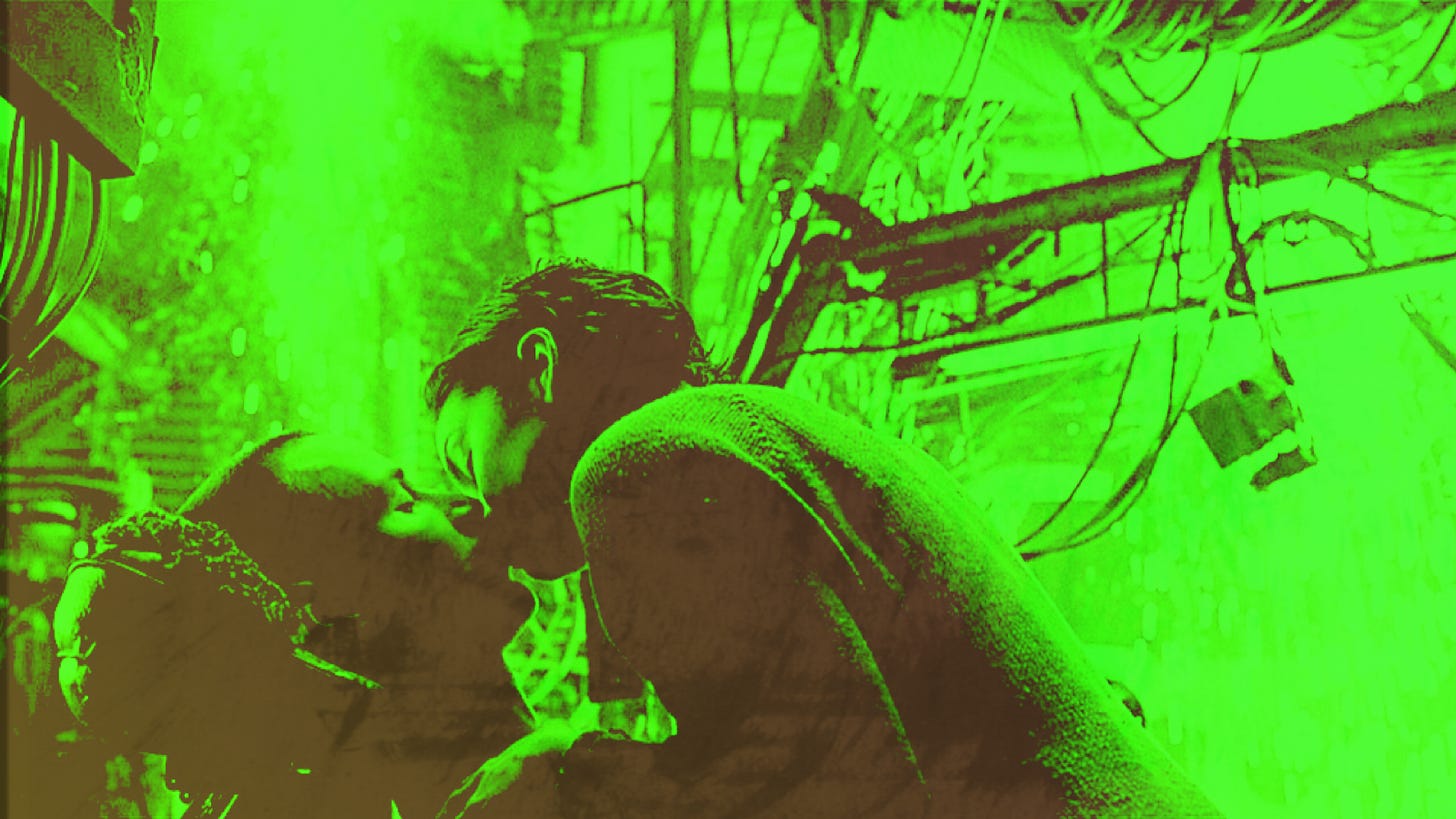
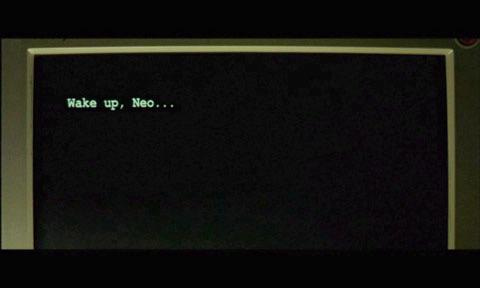
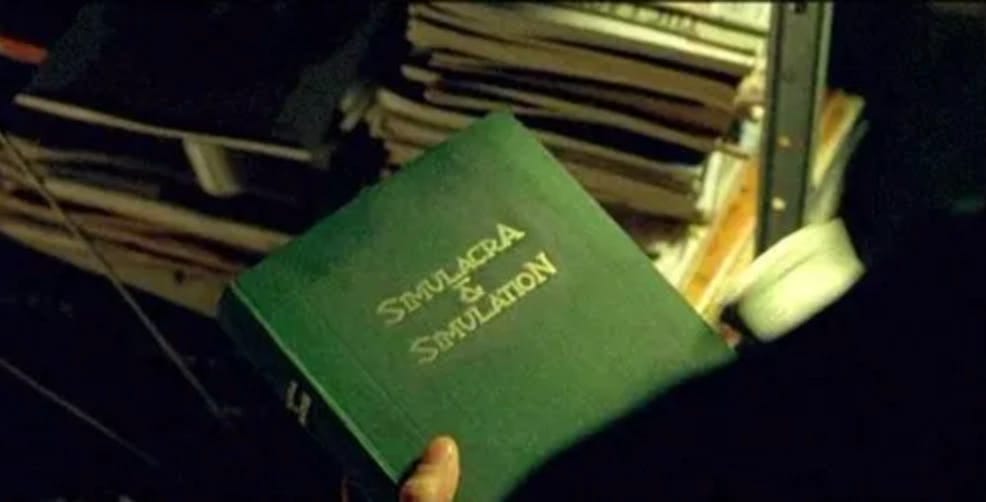
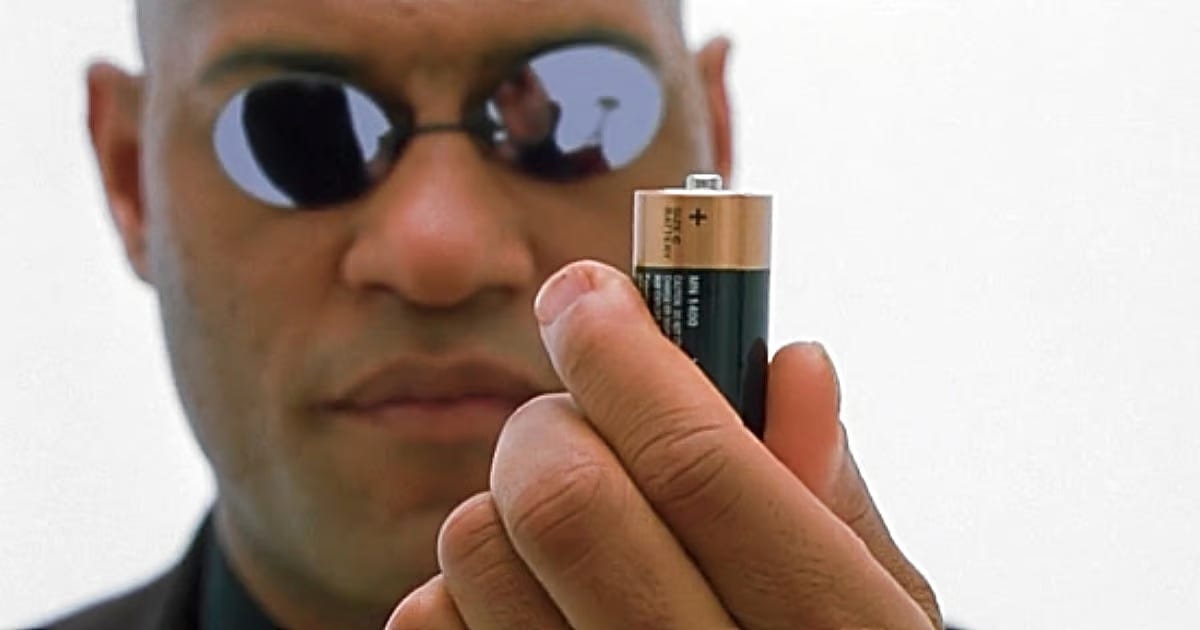
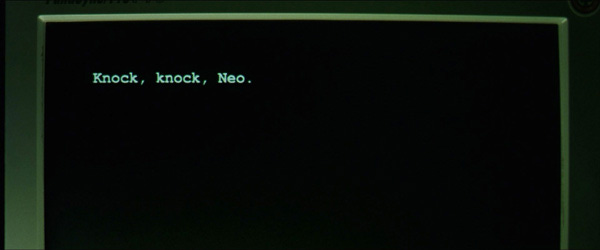
Always a pertinent read! I broke my phone a week ago, and am yet to replace it... (though i surely shall...)
I've genuinely not struggled without it as much as I might have feared. While there have been some issues, they were all around accessing other things that were online!!
Realistically, the world of the phone doesn't overlap with the real world as much as we might come to believe. Most of the stuff on there just doesn't exist, and you know when you meet someone that can't draw distinction between the two worlds! We can survive without them, and actually be enriched, without their beckoning call capturing our attention.
Maybe I'll get a flip-phone and a camera...